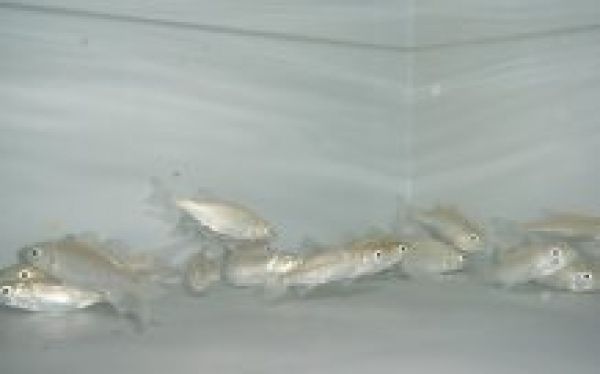When carbon dioxide is absorbed by seawater carbonic acid is formed, making the water more acidic. Since the Industrial Revolution, oceanic CO2 has risen by 43% and is predicted to be two and a half times current levels by the end of this century.
Fish use their sense of smell (olfaction) to find food, safe habitats, avoid predators, recognize each other and find suitable spawning grounds. A reduction in their ability to smell therefore can compromise these essential functions for their survival.
The new study provides evidence that economically important species will be affected by elevated CO2, leaving fish vulnerable because it affects their ability to detect odours.
University of Exeter researcher Dr Cosima Porteus, who led the study, said: “Our study is the first to examine the impact of rising carbon dioxide in the ocean on the olfactory system of fish. First we compared the behaviour of juvenile sea bass at CO2 levels typical of today’s ocean conditions, and those predicted for the end of the century. Sea bass in acidic waters swam less and were less likely to respond when they encountered the smell of a predator. These fish were also more likely to “freeze” indicating anxiety.”
Read more at University of Exeter
Photo: Acidic oceans cause fish to lose their sense of smell. CREDIT Dr. Cosima Porteus


